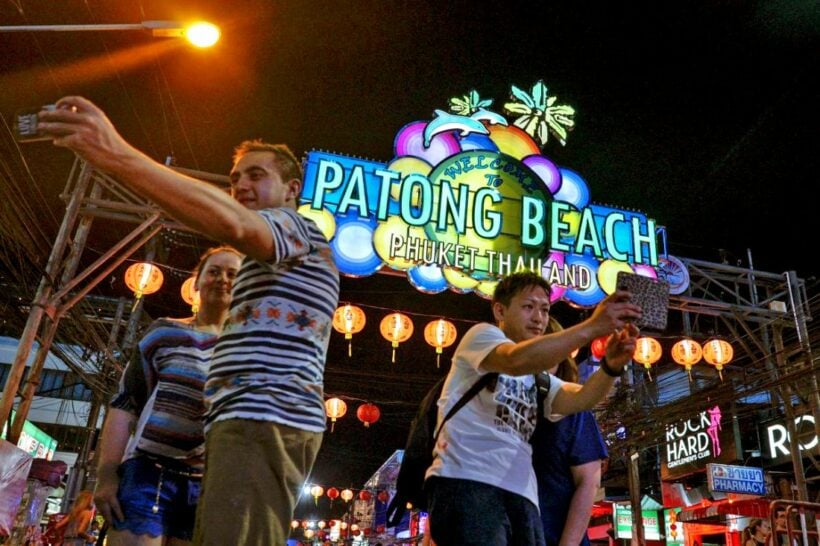How will ‘Chindia’ change Phuket’s tourism future?’

What exactly is this Chindia? In a nutshell it’s a flash drive marketplace with 1/3 of the world’s population – China and India.
For a great number of Phuket hoteliers, the first half of 2018 saw marketplace velocity, where RevPAR’s rose on surging demand, and the most often heard comment was the ignominious ‘same same’. Though room rate growth was not there, volume ruled the day.
Next came, what is referred to on the Mainland as the ‘boat sinking’ and suddenly the monsoon gloom thrust the blazing sun into a dark room, way out back. Chinese numbers sunk, airlift declined and online chatter in China denounced not only Phuket but cast a broader shadow on Brand Thailand.
The traditional concept that the mojo of Thai teflon would result in only a slight momentary blip turned out to be erroneous. While the fallout from the incident has lessened, there remains a strongly demonstrated downward shift in Mainland Chinese tourists to both Phuket and Thailand.
What is clear is that there can be no separation in negative sentiment between Phuket and the larger Thai brand. Essentially both get a collective emoji award with an ‘un-smiley’ face.
Another negative has been the depreciation of the Mainland Chinese currency, the yuan. While most of the damage has been done over the past 4 years, this year has seen further erosion, as the Thai baht has remained strong.
Hoteliers staring into the looking glass of the fast approaching 2019 are increasingly being fixated by the magnetic attraction of Chindia. What exactly is this Chindia? In a nutshell it’s a flash drive marketplace with 1/3 of the world’s population – China and India.
What’s most attractive is door-to-door average flying time to major gateways in both countries of 4 to 5 and a half hours. Over the years I have been asked the question “what is the secret of Phuket’s success?” A great deal of it actually has to do with geography.
Geography has a lot to do with accidental tourism. One can look back to 1967 and the ensuring decade when Thai Airways was instrumental in opening up broad access to Bali which was a connector from Bangkok, and fitting into the Sydney to London route as key access points. In those days, the constraints of long-haul flights made the refueling stop necessary but fast forward to the present and the emergence of single body dominated low-cost airlines fits like a glove into the Phuket Chindia equation. Yes history buffs, Thailand’s flag carrier was a key enabler of early stage Bali hotel growth.
There is little doubt that Indian tourism holds great promise for Phuket. Geography helps, as does the depth of the islands tourism sector to cater to marque events like Indian weddings. Looking into the numbers is enlightening, as there are two significant events on the island which are both valued in excess of US$10 million in spend.
Leading the change has been India’s GoAir who launched direct flights between Phuket and New Delhi as well as Mumbai in October. Next month Bengaluru will be added. Will other Indian carriers such a IndiGo or Jet Airways follow, or will AirAsia join the fray? It’s clearly only a matter of time.
Just last week, I was talking about STR hotel performance data on Phuket in October, and the fact is year-on-year performance remains ‘constrained’ or in straight talk -broad business is down. Inside the numbers some hotels have held traction but in the big picture, the loss is evident event to the blindsided types out there.
The China situation has been hurtful. And though it’s comforting to see Russian travelers at Phuket International Airport lugging pink and blue plastic buckets of mangos around, the reality is the island’s tourism market is a year-round proposition and relying on snowbirds alone won’t cut it.
We live in an industry that flirts with the thin line between love and hate. The Chinese came, they were loved, then hated and now truly missed. With India, the play is cautious optimism, but the mounting importance of a solid Chindia strategy is the most prolific question facing island hotels now and in the coming year.
Latest Thailand News
Follow The Thaiger on Google News:


























